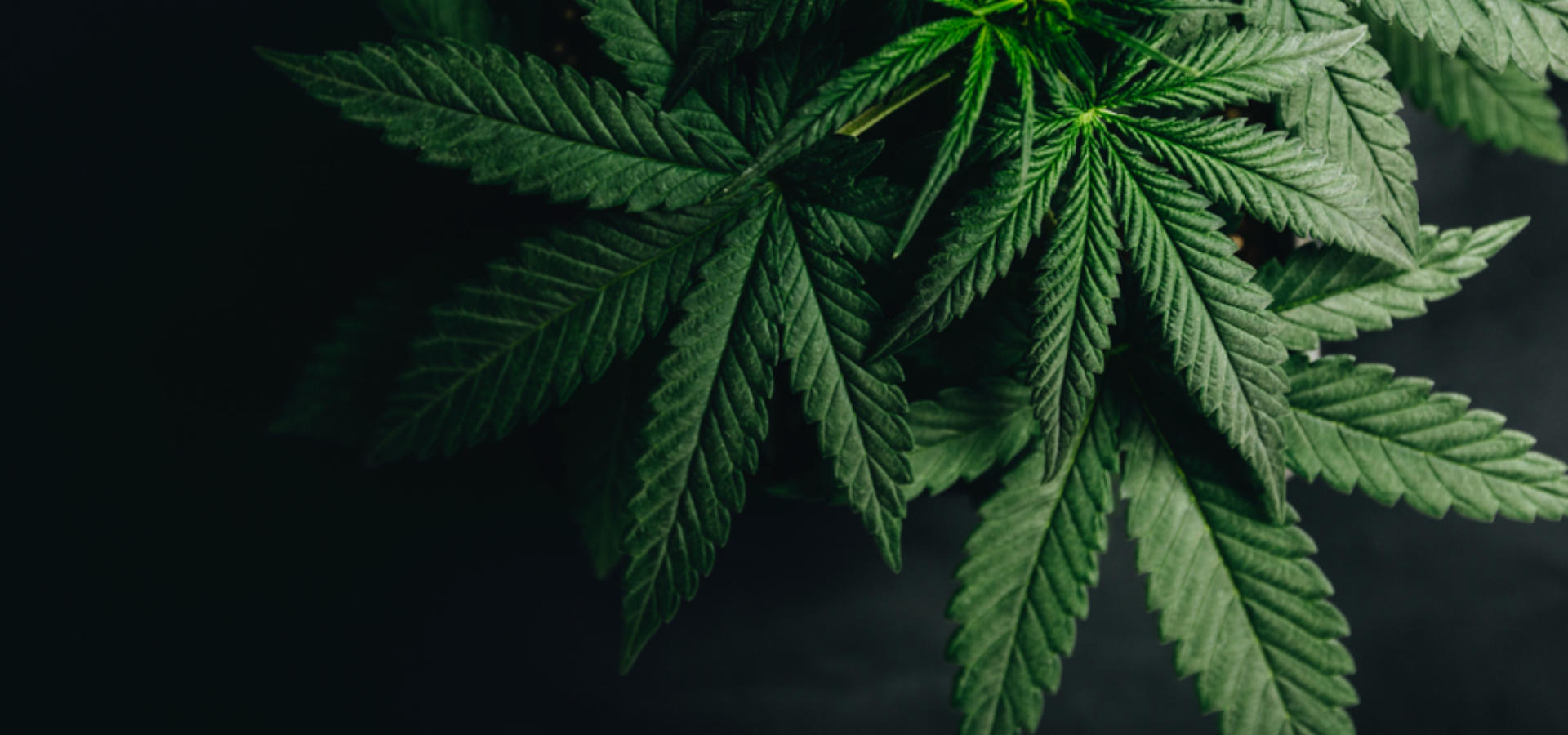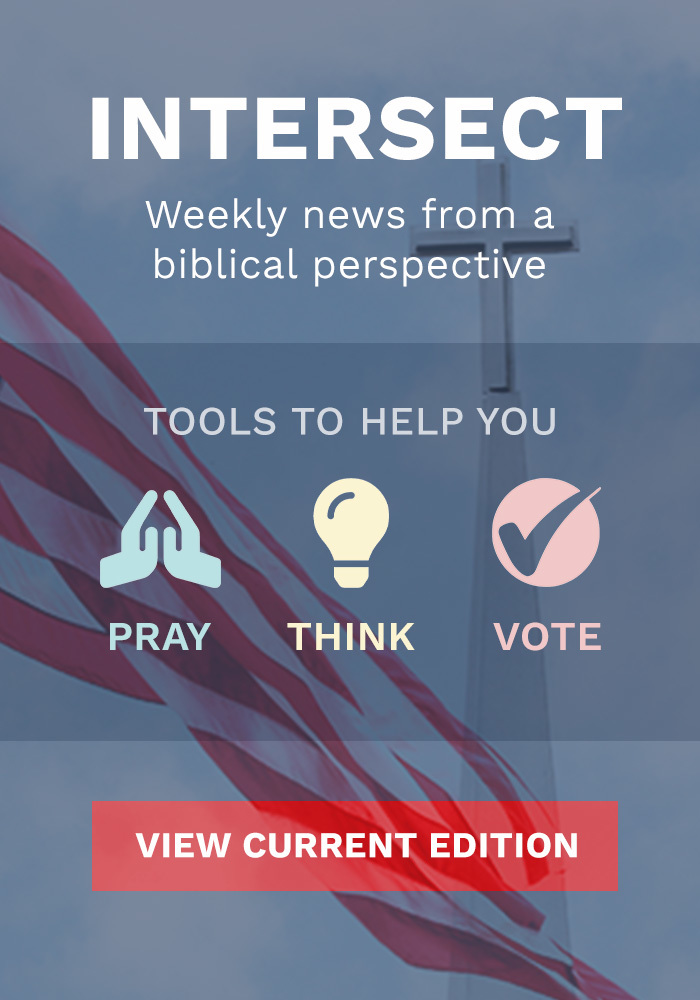
5 States to Vote on Marijuana; Outcomes Could be Disastrous
Voters in Arkansas, Maryland, Missouri, North Dakota, and South Dakota will be voting on whether or not to legalize marijuana for recreational use on November 8. In plain sight, radical progressives have pooled money, influence, and power for decades to get us to this point. They have made edits, redefinitions, and outright codification of laws and terms that are contrary to common sense, moral values, and biblical principles. It is their years of methodical work to change public opinion that has set the stage for what we see playing out today.
With an overwhelming share of U.S. adults (91%) saying either that marijuana should be legal for medical and recreational use according to Pew Research, it seems a forgone conclusion that voters will further open the door to this gateway drug as not only legal but more acceptable, In fact, fewer than one-in-ten (8%) say marijuana should not be legal for use by adults.
What voters may not realize is what’s at stake and what our society stands to lose when marijuana is made legal. The old saying that marijuana is a gateway drug is truer today than we may have thought. In fact, former 4th Judicial District Attorney Dan May from El Paso County, CO says, “Marijuana is a gateway to homicide.”
It’s imperative that we, as Christians, are able to understand what’s really going on and why we need to be informed before the disastrous consequences of legalized drugs are heaped upon us. The result of allowing “a little sin” will only enable this cancer to metastasize and grow.
Marijuana is a trojan horse…and here is what you may not know.
The term “marijuana,” especially when paired with words like “medical” or “recreational”—makes it seem safe and harmless. But we should always refer to marijuana as a “drug” and include its technical name, “Cannabis Sativa”. People mistakenly think marijuana is a single well-understood substance but it’s important to know that “Cannabis Sativa” (marijuana) is really a mysterious combination of more than 500 chemicals with unknown effects.
Marijuana is classified as a Schedule I drug. Schedule I drugs are substances or chemicals that are defined as “drugs with no currently accepted medical use and a high potential for abuse.”
THC, a component of marijuana, can cause acute psychotic symptoms such as hallucinations, paranoia, delusional beliefs, and feeling emotionally unresponsive during intoxication. These symptoms are worse with higher doses. The Substance Abuse and Mental Health Services Administration states, “Today’s marijuana is stronger than ever before. People can and do become addicted.” And its use can have negative and long-term effects on brain health, mental health, athletic performance, and overall daily life. Psychiatrists report increased addiction, suicide, psychosis, and depression.
THC (the psychoactive component in marijuana) is being reported at levels close to 100% in many of today’s products.
We now have concentrated THC products such as oil, shatter, dab, and edibles that have been able to get the THC concentration upwards of 95%”, says Elizabeth ‘Libby’ Stuyt, MD, a board-certified Addiction Psychiatrist stated. High THC levels above 10% are considered high potency.
One of the more stunning and underreported effects of marijuana use is what’s called “cannabinoid hyperemesis syndrome” which is repeated and severe bouts of vomiting. There has been a notable increase in this syndrome with the loosening of marijuana laws in the United States.
Marijuana legalization leads to serious consequences.
Colorado, one of the first states to legalize marijuana, reports a 153% rise in fatal crashes where drivers tested positive for marijuana. 21% of those traffic fatalities were attributed directly to marijuana.
Marijuana use among young people in “legal” states is alarmingly high and rising. Colorado reports indicate those age 15 or younger have increased past month “use” rates of 14.8% since 2017.
Did you know that marijuana can be a pathway to other drugs of abuse? Four out of every 10 lifetime marijuana users will go on to use another drug in their lifetime.
Marijuana has been proven to adversely affect communities, states, and our nation. This is the time when we should be dissuading all drug use and NOT making a deadly product easier to acquire.
As of September 2022, The American Medical Association says that the nation's drug overdose epidemic continues to worsen. The cannabis black market is thriving in states with legalized marijuana due to the high tax on marijuana. Marijuana proponents overemphasize the benefits of tax revenue to garner support for legalization, but studies prove the societal costs of legalized drugs far outweigh the revenue marijuana sales bring in.
Legal marijuana opens the door to future decriminalization or legalization of additional drugs. 38 states in the nation now have needle exchange facilities even though federal law forbids the use of federal funds to support needle exchanges. But they are still open and operating.
5 upcoming ballot measures, by state.
Marijuana is currently legal in 19 states and in Washington, D.C. Of those 19 states, 13 and D.C. had legalized marijuana through the ballot measure process.
In 2022, five more states will decide on marijuana legalization ballot measures. In the central U.S., voters in Arkansas, Missouri, North Dakota, and South Dakota will consider citizen-initiated measures to legalize marijuana. In Maryland, the state Legislature voted to put the issue before voters.
1. Arkansas Issue 4
A "yes" vote supports legalizing the possession and use of up to one ounce of marijuana for persons who are at least 21 years old, enacting a 10% tax on marijuana sales, and requiring the state Alcoholic Beverage Control Division to develop rules to regulate marijuana businesses.
A "no" vote opposes legalizing marijuana for personal use in Arkansas.
My Faith Votes Honorary National Chairman, Mike Huckabee has warned Arkansans against voting to legalize marijuana. You can read his article here.
2. Missouri Amendment 3
A “yes” vote supports amending the Missouri Constitution to:
- legalize the purchase, possession, consumption, use, delivery, manufacture, and sale of marijuana for personal use for adults over the age of twenty-one;
- allow individuals with certain marijuana-related offenses to petition for release from prison or parole and probation and have their records expunged; and
- enact a six percent tax on the retail price of recreational marijuana.
A “no” vote opposes amending the Missouri Constitution, and the sale and use of marijuana for recreational purposes will remain prohibited under current law.
3. North Dakota Statutory Measure 2
A "yes" vote supports legalizing the use and possession of up to one ounce of marijuana for adults 21 years old and older, allowing individuals to grow up to three marijuana plants, and requiring the Department of Health and Human Services to establish rules regulating adult-use marijuana by October 1, 2023.
A "no" vote opposes legalizing marijuana for personal use by adults in North Dakota.
4. South Dakota Marijuana Initiated Measure 27
South Dakota voters approved marijuana legalization on the ballot in 2020—and they’ll have another chance to vote on it this November after that earlier initiative was invalidated in court.
When legalization was on the 2020 ballot, it passed with 54 percent of the vote. But following a legal challenge led by Gov. Kristi Noem (R), the state Supreme Court ultimately invalidated the vote on procedural grounds, finding that the measure violated the state Constitution’s single-subject rule.
A "yes" vote supports this ballot initiative to legalize the possession, distribution,and use of marijuana for persons who are at least 21 years old.
A "no" vote opposes this ballot initiative to legalize the possession, distribution, and use of marijuana for persons who are at least 21 years old.
5. Maryland Question 4
A "yes" vote supports legalizing marijuana for adults 21 years of age or older beginning in July 2023 and directing the Maryland State Legislature to pass laws for the use, distribution, regulation, and taxation of marijuana.
A "no" vote opposes legalizing marijuana for adults 21 years of age or older beginning in July 2023 and directing the Maryland State Legislature to pass laws for the use, distribution, regulation, and taxation of marijuana.
Another legislative note is that Colorado, the first state to legalize recreational marijuana and now wants to legalize another schedule I drug, psychedelic mushrooms. Proposition 122 would allow people to grow and share psychedelic mushrooms and create facilities, where trained staff could administer mushrooms and assist people through their experience.
Legalization versus decriminalization.
At the beginning of October 2022, President Biden Biden pardoned all prior federal offenses of simple marijuana possession, a move that senior administration officials said would affect thousands of Americans charged with that crime.
The President also directed the Department of Health and Human Services and Attorney General Merrick Garland to “expeditiously” review how marijuana is scheduled under federal law, the first step toward potentially easing a federal classification that currently places marijuana in the same category as heroin and LSD.
Decriminalization refers to something ceasing to be considered a crime, or at least minimizing penalties concerning certain acts that are ordinarily criminal.
Legalization refers to removing criminal penalties assigned to a particular act, which generally includes statal regulatory presence.
One of the biggest problems with marijuana legalization is the groundwork it lays within a state for the expansion of the decriminalization of drug abuse.
Would you vote to increase illegal drug activity in your community? Colorado legalized marijuana and illegal drug seizures increased by 48%. Seizures of marijuana reported to the El Paso Intelligence Center (EPIC) in Colorado increased 48% from an average of 174 parcels (2009-2012) when marijuana was commercialized to an average of 257 parcels (2013-2020) during the time recreational marijuana became legalized.
A biblical perspective on marijuana.
A quick internet search on Christians and the topic of marijuana will bring up a variety of viewpoints and arguments for and against the legalization of this drug. So how do we sort through the facts and fiction to understand a biblical perspective?
Let’s begin with the purpose. The use of recreational marijuana is to have a mind or conscious-altering experience. That's the point of marijuana. And Christians need to understand that there is nothing in scripture to justify trying to escape reality. The Bible does not dignify an altered state. In fact, it warns against drunkenness (an altered state) in both the new and old testaments over and over again.
If one looks at the rates of acceptance and moral change on the issue of same-sex marriage and the issue of marijuana, there is tremendous overlap. And that overlap reveals that slowly but steadily, Americans overwhelmingly believe that something that in the past was viewed as morally wrong is now believed as right.
As we stated at the beginning of this article, allowing “a little sin” will only further a cancerous cell to metastasize and grow. If we don’t stop the progression of allowing, decriminalizing, and embracing the legalization of marijuana now, be prepared to face the disastrous outcomes that are sure to come to society.
Begin with a posture of prayer, seeking God’s wisdom and biblical truth, continue to be informed on what’s happening in your state on the issue of marijuana, and be sure to show up and vote when this issue is on your ballot. Our children’s future depends on it.
###
My Faith Votes— is a ministry that motivates, equips, and activates Christians in America to vote in every election, transforming our communities and influencing our nation with biblical truth. An estimated 25 million Christians who are registered to vote, fail to vote in presidential elections. My Faith Votes is on a mission to change this statistic by helping Christians act on their faith and vote in every election. When we pray unceasingly for our nation, think biblically about the issues, and vote consistently in every election the impact of Christians taking action from the local to the state and federal level will be unprecedented.
Website | www.myfaithvotes.org Twitter | @MyFaithVotes Facebook | My Faith Votes
